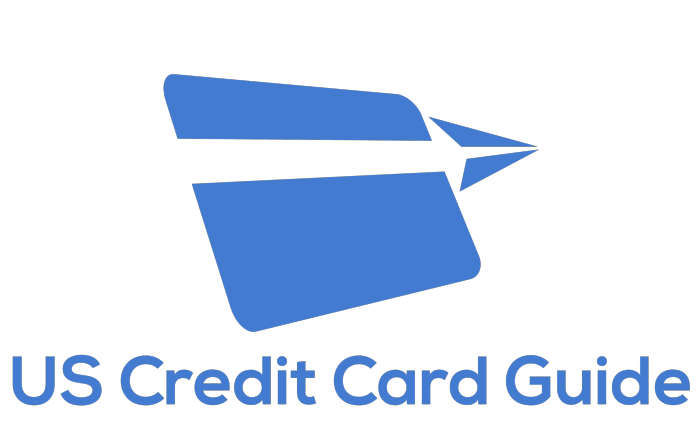Tag: credit
How Budgeting and Debt Control Can Strengthen Your Credit
Your credit score tells lenders how responsible you are with money. It reflects how well you manage payments, debts, and credit limits. Many people focus only on paying bills on time, but good credit is built from consistent financial habits. Budgeting and debt control work hand in hand to create stability. When you have a clear plan for where your money goes, you reduce the risk of missed payments and overspending. That stability is exactly what credit agencies reward.
Building a Strong Foundation Through Budgeting
A solid budget is more than a spreadsheet. It’s a financial map. It helps you see where your income goes and how to balance your needs and wants. When you set limits for spending, you’re not restricting yourself; you’re gaining control. You become more intentional with every purchase, saving room for loan payments, credit card bills, and savings goals. Over time, this discipline helps you stay current on obligations, one of the strongest indicators of financial reliability.
Tracking Expenses to Avoid Surprises
Unexpected expenses often lead to debt problems. Budgeting allows you to anticipate and plan for them. Keeping track of every expense, big or small, helps you recognize patterns that may harm your finances. You might realize you’re spending more than you thought on subscriptions or dining out. Once you identify these leaks, you can redirect funds toward paying down debt or building an emergency fund. This proactive approach reduces financial pressure and helps ensure your credit history remains consistent and positive.
Managing Debt to Improve Credit Health
Debt management is at the core of credit strength. The way you handle loans and credit cards impacts your score more than almost anything else. Keeping your balances low and paying on time demonstrates responsibility. Lenders look for borrowers who can manage credit without relying too heavily on it. Paying down high-interest debts first can make progress faster. Each payment you make on time is a step toward proving financial dependability.
Using Credit Wisely and Sparingly

Credit is a tool, not a lifeline. Using it wisely means borrowing only what you can repay. Your credit utilization ratio, the percentage of available credit you use, plays a major role in your score. A lower ratio suggests you’re not overextended. Even if you have multiple cards, keeping balances low sends a message of control. This careful approach helps you maintain healthy credit without feeling burdened. It’s a unique balance between access and discipline that defines long-term financial success.
Setting Financial Goals to Stay Motivated
Budgeting and debt control can feel repetitive, but setting clear goals keeps you focused. Whether you want to buy a car, own a home, or qualify for better loan terms, strong credit makes it easier. Each time you stick to your budget or make an extra payment, you move closer to that goal. Tracking progress keeps you motivated and ensures you don’t lose sight of why you started. Over time, your consistency becomes the foundation of a reliable credit profile.
Preparing for Emergencies Without
…How to Improve Your Credit Score Before Applying for a Loan
Your credit score can feel like a mystery. It’s a three-digit number that holds significant power over your financial future, especially when you’re looking to secure a loan. Whether it’s for buying a home, financing a car, or funding education, lenders closely examine this score before making decisions. A higher credit score often translates into better interest rates and terms. If you’re planning to apply for a loan soon and want to give yourself the best chance of approval, improving your credit score is essential. The journey toward boosting your credit doesn’t have to be overwhelming. With some knowledge and strategic steps, you can enhance your creditworthiness in time for that big application.
Understanding Credit Scores and Why They Matter
 Credit scores range from 300 to 850, reflecting your creditworthiness. This number is derived from various factors, including payment history and outstanding debts. Lenders use it as a quick reference to gauge the risk of lending you money. A solid credit score can open doors to lower interest rates on loans and credit cards. It often determines not just approval but also the terms you’re offered.
Credit scores range from 300 to 850, reflecting your creditworthiness. This number is derived from various factors, including payment history and outstanding debts. Lenders use it as a quick reference to gauge the risk of lending you money. A solid credit score can open doors to lower interest rates on loans and credit cards. It often determines not just approval but also the terms you’re offered.
With a favorable score, you could save thousands over time due to reduced monthly payments. On the flip side, a low score may lead to higher fees or outright denial of applications.
Factors that Affect Your Credit Score
Several key factors influence your credit score, and understanding them is vital. Payment history holds significant weight. Late or missed payments can quickly drag down your score. Credit utilization also plays a crucial role. This ratio compares your current debt to available credit limits. Keeping it below 30% is generally advised for better scores. Length of credit history matters too. A longer track record can boost your rating, showing lenders you’ve managed credit responsibly over time. New credit applications affect your score as well. Each inquiry leaves a mark, signaling potential risk if you’re seeking multiple loans simultaneously.
How to Check Your Credit Score
Checking your credit score is a vital step in the financial journey. It gives you insight into your creditworthiness and helps you prepare for loan applications. You can access your credit score through several channels. Credit bureaus like Experian, TransUnion, and Equifax provide reports directly on their websites. Many offer free annual checks without any hidden fees. Another option is to use third-party services or apps that aggregate information from multiple sources. These tools often simplify the process and allow you to monitor changes over time. Keep an eye out for promotional offers too. Some banks and financial institutions provide complimentary access to your score as part of their banking services.
Tips for Improving Your Credit Score
Improving your credit score can feel overwhelming, but small changes can lead to big results. Start by reviewing your credit report for errors. Dispute any inaccuracies you find; correcting them can boost your score. Next, focus on paying down existing debt. High balances relative to your credit limit negatively impact your score. Aim for a …






